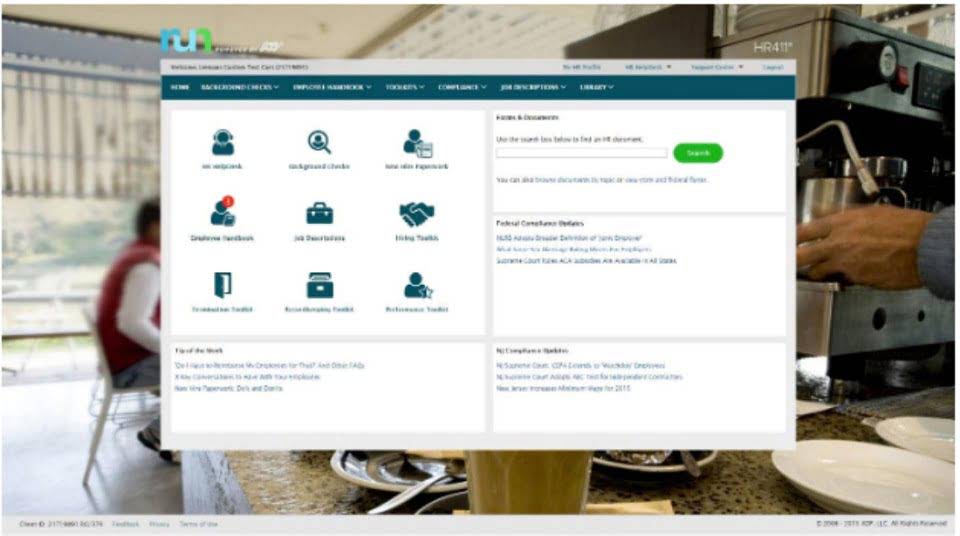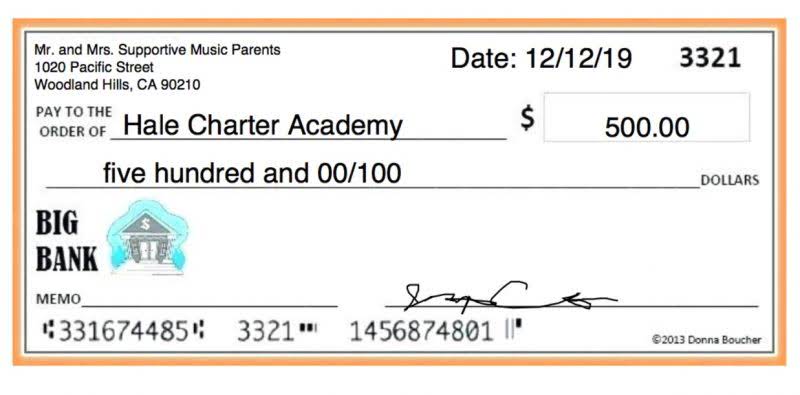Since the aim of financial accounting is to report on the business’s performance, it is only logical for accountants to use actual financial data. Marginal costing (sometimes called cost-volume-profit analysis) is the impact on the cost of a product by adding one additional unit into production. The contribution margin of a specific product is its impact on the overall profit of the company. Margin analysis flows into break-even analysis, which involves calculating the contribution margin on the sales mix to determine the unit volume at which the business’s gross sales equals total expenses. Break-even point analysis is useful for determining price points for products and services.
Differences Between Managerial Accounting vs. Financial Accounting
As long as it aids in making decisions, you can make managerial accounting reports as frequently as you like. That’s why the phrase “for the period ended” or “as of” is always present in financial statements. Interim reports still follow the US GAAP standards and they are also integral to the annual set of financial statements. On the contrary, managerial accounting information caters to managers, small business owners, and employees. Managerial accounting reports are not intended to be published or circulated to external users because they may include sensitive and confidential information regarding the business’ pricing and costing strategies. Therefore, only people within the business should have access to managerial accounting reports.
The Future of FP&A: How The Role Is Evolving With The Use Of Real-Time Data
Their deep understanding of the company’s transactions allows them to specialize in financial reporting or managerial reporting. Moreover, financial statements are released on a regular schedule, establishing consistency of external information flows. Financial accounting is created tips and tricks to get your renters to renew their lease for its investors, creditors, and industry regulators. Publicly held companies have other rules to follow that are governed by the Securities and Exchange Commission as well. This is to ensure that stakeholders are appropriately informed about what’s going on in the business.
Is an accounting certificate the same as a degree?
During the program, you’ll learn how to analyze financial statements and manage reports. You can customize your certificate with six credits of electives in accounting or business. Managerial accounting is the accounting that provides managers and owners (internal users) with financial information that they need in order to make operational and strategic decisions.
You can choose from four accounting certificates at Gaston College, a public institution in Dallas, North Carolina. With certificates in bookkeeping, federal income tax, financial accounting and managerial accounting, you can specialize your certificate based on your interests and professional goals. Unlike managerial accounting–which follows internally created rules and processes–financial accounting activities and processes must follow the Generally Accepted Accounting Principles (GAAP). Securities and Exchange Commission, GAAP are the accounting standards, conventions and rules companies use to measure their financial results including net income and how companies record assets and liabilities. Meanwhile, managerial accounting reports can be the whole business or only a part.
For example, Craven Community College’s program is accredited by the Accreditation Council for Business Schools and Programs (ACBSP). As is the case in most professions, a degree is not enough to advance in accounting; you should develop a set of skills as well. A financial accountant should have excellent https://www.bookkeeping-reviews.com/ analytical skills as their primary duty is to analyze data. They should also have excellent negotiation and communication skills as they will always work closely with other departments. Last, but certainly not least, a financial accountant should also be detail-oriented and able to meet deadlines.
When managerial accounting focuses on internal consumption, there’s no need to follow a set of standards, whereas financial accounting is meant for internal and external consumption. Therefore, it must comply with a set of accounting standards, such as general principles, liabilities, revenue, equity, etc. In the U.S., the financial accounting reports of a company are governed by the Generally Accepted Accounting Principles (GAAP) as adopted by the U.S. Conforming to these rules allows lenders and investors to directly compare companies based on their financial statements.
You can learn how to manage payroll data and prepare paychecks with this 17-credit payroll accounting program. Though they overlap in some areas, managerial and financial accounting differ in several aspects. A managerial accountant’s job is to identify this issue and help Monsson gain a competitive advantage. It can bring down the cost of production through alternative suppliers and offer the same dress for $10. Then, revenue generation and competition will hinge on brand image and customer loyalty alone. Franklin University offers a 100% online bachelor’s degree in accounting designed to help working adults earn their degrees.
It helps managers and small business owners understand resource consumption and constraints, production bottlenecks, system issues, and other aspects. Financial leverage refers to a company’s use of borrowed capital in order to acquire assets and increase its return on investments. Through balance sheet analysis, managerial accountants can provide management with the tools they need to study the company’s debt and equity mix in order to put leverage to its most optimal use. When a managerial accountant performs cash flow analysis, he will consider the cash inflow or outflow generated as a result of a specific business decision. For example, if a department manager is considering purchasing a company vehicle, he may have the option to either buy the vehicle outright or get a loan.
Sign up to receive more well-researched small business articles and topics in your inbox, personalized for you. This book uses the Creative Commons Attribution-NonCommercial-ShareAlike License and you must attribute OpenStax. To see our product designed specifically for your country, please visit the United States site.
The program covers industry standards, accounting technology and financial reporting standards. The bookkeeping certificate prepares graduates for roles as a bookkeeper or accounting clerk, while the financial accounting certificate emphasizes financial statement analysis and production. Earning your accounting certificate online gives you schedule flexibility and cost-saving opportunities.
When it comes to financial accounting vs managerial accounting, the main differences are the manners of collecting, processing, and reporting information. Users of financial and managerial accounting information also have different goals in analyzing and interpreting this information. In this article, we’ll discuss how these two major branches of accounting differ along seven criteria. Managerial reporting is more focused on divisions, departments, or any component of a business, down to individuals. The mid-level and lower-level managers are typically responsible for smaller subsets within the company. No external, independent auditors are needed, and it is not necessary to wait until the year-end.
Managerial accounting is designed to meet the information needs of the individuals who manage organizations. Unlike financial accounting, which provides a historical record of an organization’s financial performance, managerial accounting focuses on future-oriented reports. These reports assist in planning, controlling, and decision-making processes that guide the day-to-day, short-term, and long-term operations. The key difference between managerial accounting and financial accounting relates to the intended users of the information.
Or you can transfer your credits into a degree-granting program to expand your opportunities. Forensic accounting involves investigating and reporting on financial crimes, fraud, and harmful business practices. Forensic accountants may be called upon to testify in court, and the work product of a forensic accountant may be admitted as evidence. Regarding the frequency, reporting in financial accounting is done semi-annually, annually, quarterly, and yearly. In management accounting, the reporting is a lot more frequent and it can be daily, weekly, or monthly, depending on the business’ needs. Financial accounting, on the other hand, requires an eye for detail and an ability to adhere to strict guidelines.
This systematic approach provides accuracy and accountability, which are paramount in financial reporting. Managerial accounting is useful for companies to track and craft spending budgets, reduce costs, project sales figures, and manage cash flows, among other tasks. Managerial accounting also involves reviewing the trendline for certain expenses and investigating unusual variances or deviations. It is important to review this information regularly because expenses that vary considerably from what is typically expected are commonly questioned during external financial audits. This field of accounting also utilizes previous period information to calculate and project future financial information. This may include the use of historical pricing, sales volumes, geographical locations, customer tendencies, or financial information.
- Because managerial accounting is not for external users, it can be modified to meet the needs of its intended users.
- Since the aim of financial accounting is to report on the business’s performance, it is only logical for accountants to use actual financial data.
- Financial accounting uses the US GAAP issued by the Financial Accounting Standards Board (FASB).
- However, the reports are more detailed and more specific and can be customized.
- Even privately-held companies in the U.S. must conform to GAAP standards in order to meet the disclosure requirements of financial institutions that they borrow money from.
During an online certificate program, you’ll complete 12 to 40 credits of accounting coursework. In many programs, you can specialize your skills with courses in managerial accounting, payroll accounting or small business accounting. And by choosing an online format, you can compare programs based on cost, schedule and program offerings. Financial accounting involves the analysis of business transactions, reporting to external parties, and preparing financial statements for public use. The bedrock of financial accounting is the adherence to established reporting standards, which ensure consistency, comparability, and transparency in financial statements.
For any public company, financial accounting processes must abide by a very specific set of rules provided by the Generally Accepted Accounting Principles (GAAP), the accounting standard adopted by the U.S. Since Frank’s customer brings in a lot of revenue, you need to devise a plan that will help to offset that loss. However, when you review your financial statements for the past six months, you see that revenue is down across the board. The following day, you and your staff create a plan for bringing in more revenue, starting with expanding sales territories.
Each company is free to use its own system and rules when creating managerial reports. Managerial accountants have experience with accounting principles, financial research, and report writing but their duties vary based on the management and financial needs of the organization. Managerial accountants are often responsible for monitoring company Investments long side other managers. They participate in tax planning, risk management, and preparing financial statements. Financial accounting information appears in financial statements that are intended primarily for external users, like stockholders and creditors. These outside parties decide on matters pertaining to the entire company, such as whether to increase or decrease their investment in a company or to extend credit to a company.
Though the results of managerial accounting can be applied to the organization as a whole, they are most often concerned with finer details, such as production efficiency, customer satisfaction, and marketing success. Financial accounting relies on this accurate data for reporting, while managerial accounting frequently deals with estimates opposed to proven facts. Financial statements are due at the end of an accounting period, while managerial reports may be issued more frequently, to provide managers with relevant information they can act on immediately. The following categories also show the differences between financial and managerial accounting.
After completing a financial accounting class, many students do not look forward to another semester of debits, credits, and journal entries. Thankfully, managerial accounting is much different from financial accounting. Also known as management accounting or cost accounting, managerial accounting provides information to managers and other users within the company in order to make more informed decisions.
Managerial accounting isn’t controlled by reporting deadlines, so your managerial accounting team may produce reports at any time (e.g., weekly, monthly, or whenever requested). Financial accounting takes the facts and figures that have already occurred and reports them in an easy-to-understand format. When you read a financial accounting report, you’re seeing what happened yesterday, last week, or last year (depending on how fast the report was produced).















Recent Comments